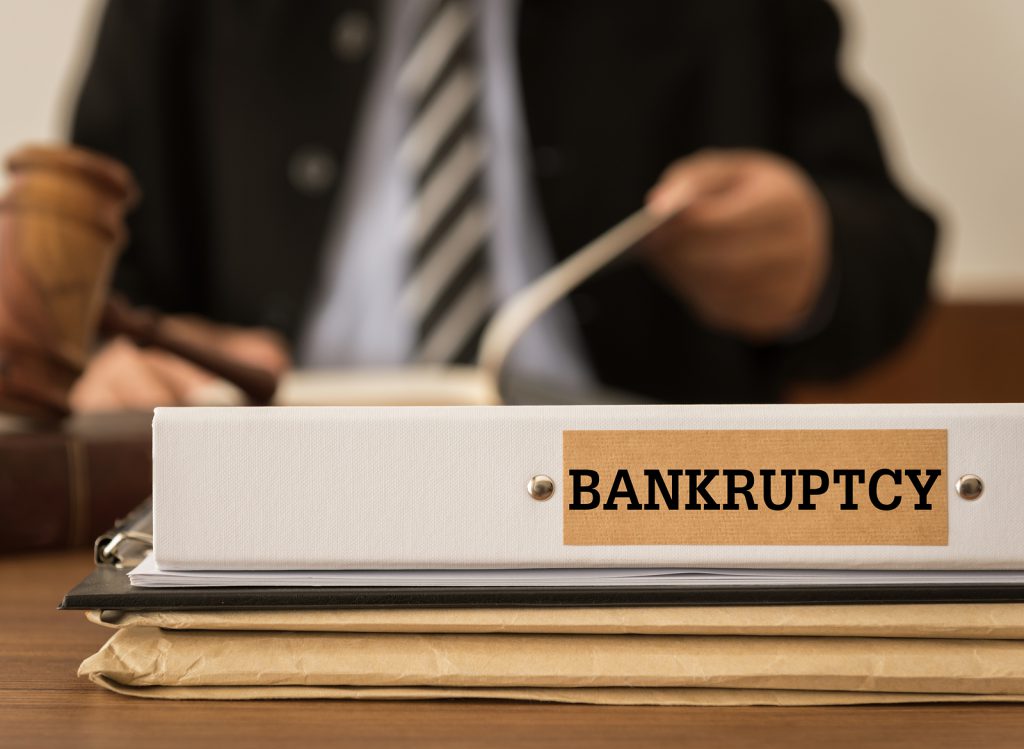
Q. Should I file for bankruptcy? I lost my job in 2007. I became unable to pay my credit card debts about two years later. My debts were charged off except for one that is suing me. I started working again in November 2016. An old debtor filed a judgment in 2016 and has now levied my bank account. I was unaware I was being sued until 2019 when my bank account was levied. I have very little left over each month after paying rent and bills. My debt is about $20,000 not including the one suing me, which is a little over $10,000. My main concern is this judgment. I don’t know what to do. Please help!
Dear Reader,
I’m sorry to hear you are going through such a difficult situation. Taking care of your expenses and your parents’ can be overwhelming, especially if you can’t keep up. Filing for bankruptcy could be an option that can help you get rid of your credit card debt, including your judgment. Yet, it may not be your only one. In addition to your debts, you should also think about your long-term plans to make sure you can still pay for all your financial obligations and stay out of debt.
Unfortunately, many people learn that a creditor has sued them when their wages are garnished or, like you in your case, their bank account is levied. At this point, you have limited options to deal with the judgment entered against you. One of your options is to contest the judgment and ask a judge to set it aside. This is usually very difficult to do because you would have to prove in court that the creditor violated federal or state laws while collecting the debt or during the lawsuit process. And if you are just hearing about it, chances are that you don’t have documentation in order to move forward.
Another option is to negotiate a deal with the creditor to settle the debt for less than what you owe. Since the creditor is already collecting money from you, you don’t have a lot of leverage. You could offer them a lump sum and ask for reduced monthly payments. If you were to get a deal with them, make sure you get it in writing. Your third option circles back to bankruptcy.
Bankruptcy is the right choice in some circumstances. It’s a big step and it can be costly, but for some people, it is a chance to start again. I’ll suggest that before you make a decision on your own, be sure to talk to a nonprofit credit counselor. Your counselor will review your financial situation in depth, including your income, expenses, and debts, and give you the information you need to help you make the right decision. They can help you explore what additional options beside bankruptcy you may have. Most importantly, they can help you create a budget to help you plan for the future to pay your debts and stay out of debt. You can talk to nonprofit credit counselor online or over the phone today. Stay strong. Good luck.
Sincerely,
Bruce McClary, Vice President of Communications
Bruce McClary is the Vice President of Communications for the National Foundation for Credit Counseling® (NFCC®). Based in Washington, D.C., he provides marketing and media relations support for the NFCC and its member agencies serving all 50 states and Puerto Rico. Bruce is considered a subject matter expert and interfaces with the national media, serving as a primary representative for the organization. He has been a featured financial expert for the nation’s top news outlets, including USA Today, MSNBC, NBC News, The New York Times, the Wall Street Journal, CNN, MarketWatch, Fox Business, and hundreds of local media outlets from coast to coast.